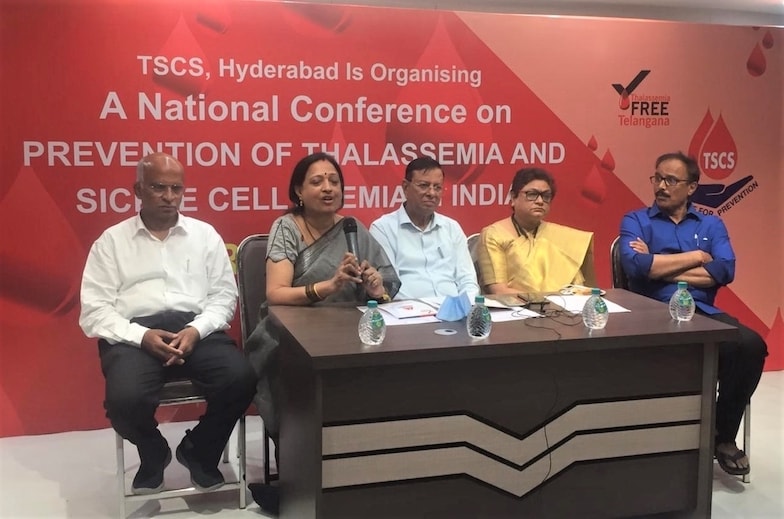The pandemic has exacerbated the hardships our communities face and set back many incremental gains that development programmes made over the years. The next few years are our opportunity to BUILD BACK BETTER. As non-profits and corporate entities, the strength of our collaborations will significantly influence how our communities recover from the pandemic and how we emerge as a more equitable, resilient, and inclusive society.
We, as an NGO, understand that our communities’ challenges are too large and too complex for any one agency to solve alone. Our communities need us, all of us, to work together to create lasting social change. We, therefore, view our role in the sector as a catalyst that drives social change and the glue that binds together the many stakeholders needed to create it. Across all of our projects, we endeavour to bring people together – companies, NGOs, government agencies, and citizens groups. Every year, we design and build over 300 projects engaging multiple corporate and NGO partners. Some are shorter-lived than others, and some are truly transformational. So we asked ourselves, what does it take to build a strong corporate – NGO partnership? And when does it go beyond being transactional to being transformational?
We distilled it down to 5 key questions. The answers to these will very often determine the efficacy of the partnership.
Do we have a shared vision for the community?
The company and the NGO may come to the table with different goals for the partnership. While it may be in their mutual interest to work together to accomplish those goals, a real partnership is sparked when their visions align. The onus of this perhaps lies mainly on the NGO partner. As NGOs, can we paint a picture of the community and allow the company to see itself clearly in it? Can we co-create a project with the company that leverages its strengths to address the community’s needs? Is our programme inclusive enough or flexible enough to accommodate their goals? When we can do this, with openness and enthusiasm, we create a shared vision.
Who are the people invested in this partnership?
As a company, is philanthropy and CSR a core part of our work or is it primarily a compliance requirement? Until it becomes a core part of our work, the partnership will not truly flourish. This is easy to determine by seeing who involves themselves in CSR within the company. Are the CEO and leadership involved? Have they visited the project, and could they articulate what the NGO aims to accomplish? Do the company’s employees offer their time and skills to the project? Would they consider a payroll giving programme for the same NGO? The more levels at which a company is involved, the stronger the partnership is likely to be.
Are we in this for the long term?
This one is pretty straightforward. If our association is going to be limited to a few months or one year, its potential will remain untapped. Here the responsibility lies mainly on the company. We must recognize that any social change takes time. We will not see years of inequity or lack disappear in one year. If we are looking to make a real difference, we have to commit to a project long-term. When the NGO has to find new funders for its project every year or live with uncertainty about the future of its programme, it cannot take risks. They will not invest in building the capacity of their teams or measuring and modifying their strategy. Invest time in a partnership. It is absolutely necessary in order to see real change.
Is there mutual respect, trust, and transparency?
Does the company view the NGO as a partner, vendor, or beneficiary? Does it believe that it has a more prominent voice as the donor? If that is the approach, the partnership will be lopsided. As donors, we have to acknowledge that we cannot do what the NGO does. The company has different skill sets, while the NGO has experience and expertise on social issues. When we bring this understanding into our discussions, we are more likely to truly hear and trust each other.
NGOs tend to gloss over their challenges or not be honest about the hurdles they are facing because they feel they need to impress the donor. In doing so, we are doing a disservice to our community and not allowing ourselves to better our work. A true partnership is showing we are in this together. As donors, we must demonstrate trust and the intent to support the NGO in making a difference. As the NGO partner, we must recognize this journey is the donors’ as well and commit to being honest and transparent with them.
Do we hold each other accountable?
It is essential that the deliverables on both ends be clearly established at the start of the project. What are we hoping to accomplish? How will we define success? What are the steps needed to get there, and how will they be measured? Being supportive of an NGO does not mean asking no questions. As a donor, the company has the right to know. And this is one of the most significant non-financial contributions the company makes to a partnership.
As NGOs, we tend to be very possessive and defensive of our models. When our donors question us, we are forced to question and defend them. And in the process, we either strengthen them or find better ways of working. Donors force us to raise the bar. And hopefully, do it without being unrealistic. They challenge us to do better, and the real winner, in this case, is always the community.
Views of the author are personal and do not necessarily represent the website’s views.
 Sana is VP – Investor Relations at United Way Mumbai. She is an experienced development sector professional with a focus on non-profit management, organisational strategy, CSR partnerships, donor relations, fundraising, education management, child rights, designing and implementing development programmes for children from marginalised communities.
Sana is VP – Investor Relations at United Way Mumbai. She is an experienced development sector professional with a focus on non-profit management, organisational strategy, CSR partnerships, donor relations, fundraising, education management, child rights, designing and implementing development programmes for children from marginalised communities.
This column appears in the March 2022 edition of our quarterly magazine. To grab your own copy, click here

